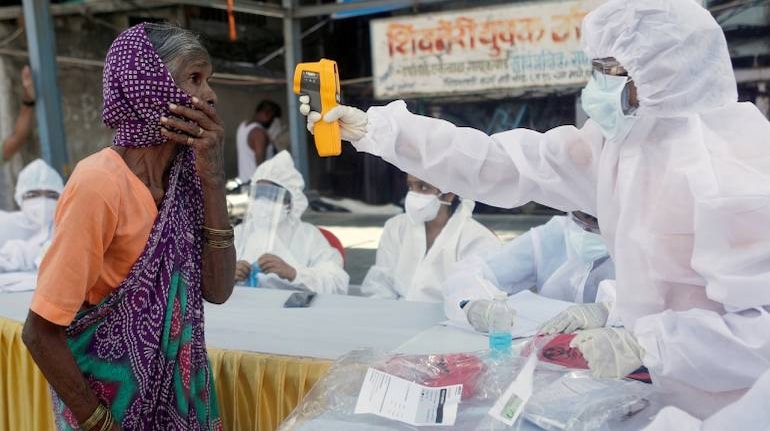



On June 29, Union Minister Piyush Goyal said the Centre has allowed monthly export of 50 lakh medical overalls from personal protection equipment (PPE) suits. He claimed this move will help boost the ‘Make in India’ initiative envisioned by Prime Minister Narendra Modi.
The product was banned for export earlier, but it has now been moved to the restricted category.
When the COVID-19 pandemic broke out in India on January 30, the Ministry of Home Affairs (MHA) had constituted an empowered group consisting of officials from the textiles ministry and Defence Research and Development Organisation (DRDO), the Department of Pharmaceuticals, and Department for Promotion of Industry and Internal Trade to ensure the availability of essential medical equipment.
In April, PPE suits that were required by health workers to tackle the COVID-19 outbreak were found to be in an acute short supply. Following this, India ramped up production of COVID-19 protective gears and medical equipment, and reduced dependency on foreign countries for these items.
In May, the Centre ordered for 2.22 crore PPE kits, of which around 1.42 crore was bought from domestic manufacturers and the rest imported. "Earlier, there was no domestic manufacturing of PPE in the country and almost all of them were imported. Now, we have 111 indigenous manufacturers. PPE production capacity has increased so much that it has become a Rs 7,000-crore industry in India, the biggest after China," PD Vaghela, Chairman of one of the 11 empowered groups constituted for planning and ensuring implementation in response to the disease outbreak, said.
A little over 3,000 PPEs were being churned out in a day from March 30 onwards. Now, over 1,100 firms in the country manufacture about 700,000-800,000 PPE daily. Over 250 licenced sellers are registered on the government’s e-marketplace (GeM) portal to cater to the extra demand by states.
The outbreak of the virus, its consequent economic damage and the recent standoff with China at the Ladakh border have put into sharp focus India bilateral trade with its eastern neighbour. Due to India's import dependency in some sectors on China, Prime Minister Narendra Modi too has raised concerns.
China is one of India’s leading trade partners and constitutes 9 percent of India’s total exports and 18 percent of total merchandise imports.
Import dependency on China for a range of raw materials (APIs, basic chemicals, agro-intermediates) and critical components (auto, durables, capital goods) is skewed. Of the respective imports, 20 percent of the auto components and 70 percent of electronic components come from China. Similarly, 45 percent of consumer durables, 70 percent of APIs and 40 percent of leather goods imported are from China.
“PPE manufacturers showed extraordinary enterprise and nimbleness in its ability to rejig large production facilities to manufacture PPEs. A single mask manufacturing machine can produce one lakh pieces per day and we have more than 200 such machines currently. The government should soon extend the export opportunity to N95 masks as well,” Dr Sakthivel, Chairman, Apparel Export Promotion Council, said.
The size of the global market for PPEs would be more than $60 billion over the next five years and India is competing with countries like Bangladesh, Indonesia and Pakistan as they too have lifted the ban on PPE exports and are receiving huge orders from large buyers in the US and Europe, Sakthivel said.
Discover the latest Business News, Sensex, and Nifty updates. Obtain Personal Finance insights, tax queries, and expert opinions on Moneycontrol or download the Moneycontrol App to stay updated!
Find the best of Al News in one place, specially curated for you every weekend.
Stay on top of the latest tech trends and biggest startup news.